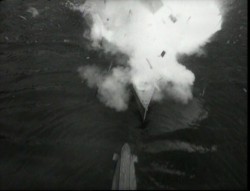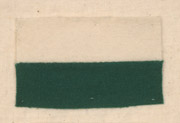Coventrate
Trench Fever reports on a seminar by Stefan Goebel on the post-war memorialisation of Coventry’s bombing in 1940. Hence today’s word for the day: ”coventrate”. It’s a good example of a word or phrase coined in a mean-spirited way (in this case, by the Germans), but which ends up being adopted by those whom it […]


